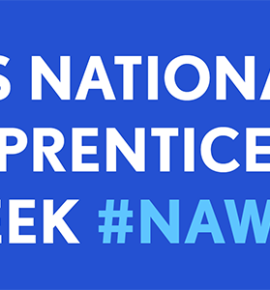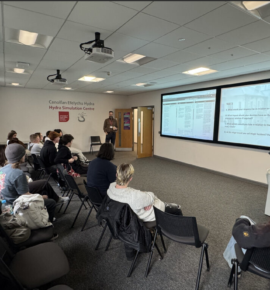Addressing Student Harassment and Sexual Misconduct in Higher Education

This page outlines our approach to handling student harassment and sexual misconduct, including policies on personal relationships between staff and students. It serves as the central source of guidance, in line with regulatory requirements set by the Office for Students.
Understanding Harassment and Sexual Misconduct
In accordance with our Student Harassment and Sexual Misconduct Policy, these behaviours are defined as:
- Harassment: Any unwelcome behaviour tied to a protected characteristic that undermines someone’s dignity or contributes to a hostile, intimidating, degrading, humiliating, or offensive environment. This includes harassment by association or perception, as outlined in the Equality Act 2010.
- Sexual Misconduct: Any unwelcome conduct of a sexual nature. This encompasses (but isn’t limited to):
- Sexual harassment (Equality Act 2010, Section 26(2))
- Sexual assault and rape (Sexual Offences Act 2003)
- Unwanted physical advances (EHRC, Sexual harassment and the law, 2017)
- Coercion involving sexual favors in exchange for benefits or opportunities (EHRC, 2017)
- Sharing explicit images or videos without consent (Criminal Justice and Courts Act 2015)
Key Areas of Focus:
- Freedom of Speech
- How to report harassment or sexual misconduct
- Support services for those impacted
Reporting Harassment and Sexual Misconduct in Higher Education
Reporting Mechanisms
We provide multiple routes for reporting harassment or sexual misconduct:



